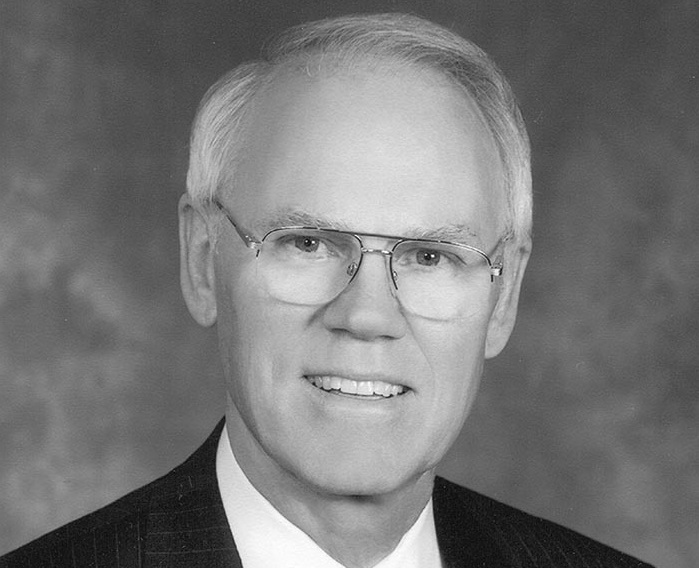In Quest of the Deeper Life

In my travels across the church, I have discovered that we have many committed, generous, and gifted people. Thank God for them. I have also become poignantly aware that we desperately need people of great spiritual depth! Such people are not cast in molds and produced instantly. They are chiseled out, like statues, over time. They are unsettling to status quo Christianity, but they blaze new trails.
Christians who plunge into the depths give themselves to the spiritual disciplines. Richard Foster, in Celebration of Discipline: The Path to Spiritual Growth, categorizes the classical disciplines: inward disciplines (meditation, prayer, fasting, and study); outward disciplines (simplicity, solitude, submission, and service); and corporate disciplines (confession, worship, guidance, and celebration).1
These are imperatives for the believer who desires the deeper life. Elton Trueblood contends that the disciplines are not just for the spiritual giants and contemplatives: “God intends the Disciplines of the spiritual life to be for . . . people who have jobs, who care for children, who wash dishes and mow lawns.”2
Unfortunately, it is the exceptional believer who is seriously engaged in the disciplines.
Many of us Christians are instantly guilt-ridden at the mere mention of words like prayer, fasting, and study. Most of us fall far short of the ideal. I will be the first to confess my personal failures with the disciplines. My election to the general superintendency has not helped.
During my 16 years at Point Loma Nazarene College, I had found a rhythm in my spiritual quest that was generally satisfying. Since June, I have been in a state of transition. My schedule has been unrelenting, even brutal. Needless to say, I am struggling to find God’s new rhythm for my life. I aspire to be a person of spiritual depth.
Like everyone else, I am inclined to excuse myself from observing the disciplines because of an intrusive schedule. Then I am confronted by Dallas Willard’s words: “It will come down to what you do not do, to how you will manage to step out of the everlasting busyness that curses our lives. Didn’t God give you quite enough time to do what He expects you to do? (Careful how you answer that one.)”3
As I start the New Year, I am beginning to find God’s new rhythm for me in the life of Jesus. Who was busier than He? Is it possible that the pressures of His activities prevented Him, like us, from having quality time each day with the Father? He resorted to frequent, extended periods of solitary prayer in a lonely place in the mountains or a quiet spot in Gethsemane.
By His example, He taught us to cultivate closeness to the Father through solitary prayer.
I have therefore renewed my resolve to consciously live in the very presence of God each day through the spiritual disciplines. To compensate for the demanding schedule, I am planning a one-day private spiritual retreat each month. I have purposed to prioritize this matter, even as Jesus did. I will force it into my schedule.
For many people a one-day retreat is impractical. If so, do not dismiss the concept, but create time for solitude. Locate a quiet place, preferably outside the home, where you can “retreat.” This could be in the city park, a secluded corner of a library, or a room in your church. If you deeply desire solitude with God, you can carve out time for your own private retreat.
I suggest the retreat be away from home. Separate yourself from the telephone, computer, and domestic duties. Solitude is imperative. Like Jesus, we must go away from people; ultimately this will increase our sensitivity and compassion for people.
The one-day personal spiritual retreat may be the doorway to the deeper life for you.
Jim L. Bond is general superintendent emeritus in the Church of the Nazarene.
Holiness Today, January 1998
Republished in Holiness Today, January/February 2018
1 Richard Foster, Celebration of Discipline: The Path to Spiritual Growth (New York: Harper and Row, 1988).
2 Ibid., 1.
3 Dallas Willard, The Spirit of the Disciplines: Understanding How God Changes Lives (New York: Harper Collins Publishers, 1988), 252.
Please note: This article was originally published in 1998. All facts, figures, and titles were accurate to the best of our knowledge at that time but may have since changed.




